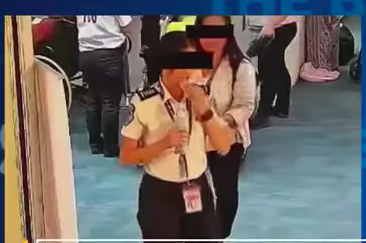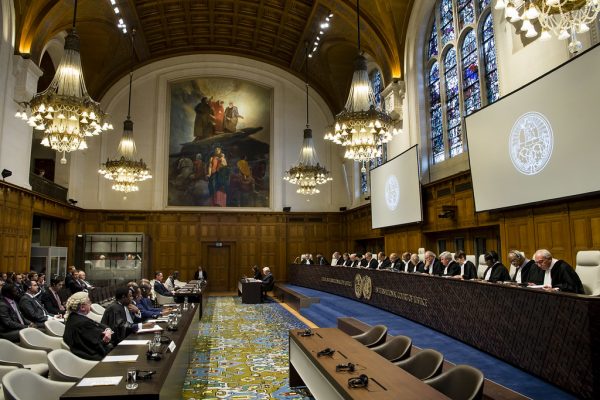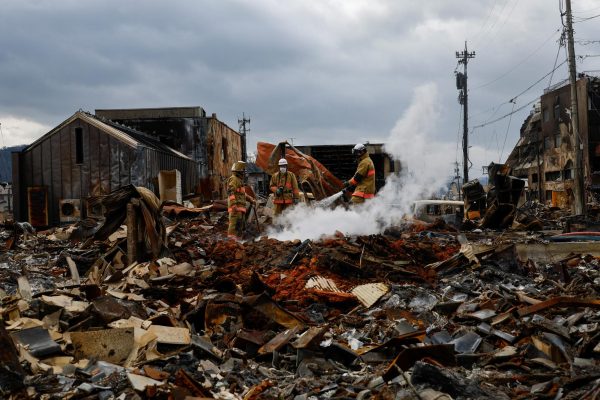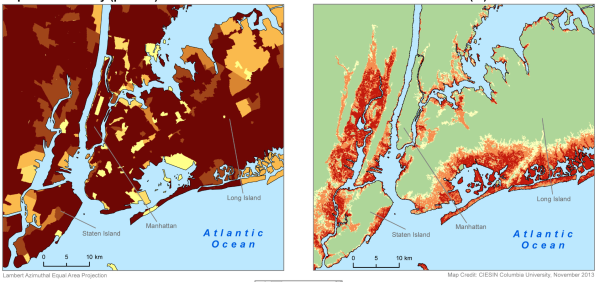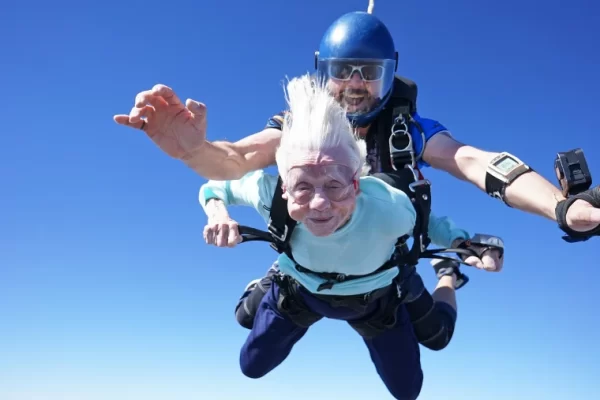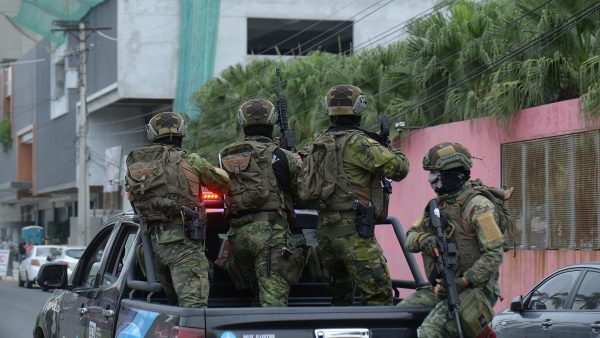Take Me Out to a Ball Game: U.S. and Cuban Relations Improve
Since 1898, The United States and Cuba have had their share of ups and downs. Now, both countries are trying to improve their connections by tackling problems head on.
After the Brussels attack, many expected President Barack Obama to return to the United States; however, he did not. Days before the attack, the president traveled to Cuba to try and improve relations with, and according to CNN, focus on opening a new era with the island nation. “The whole premise of terrorism is to try to disrupt people’s ordinary lives,” Obama stated after the Brussels attacks, explaining that he wants everyone to keep calm in times of national stress. To lead with example, president Obama stuck with his original plan, and stayed in Cuba. He delivered a speech to the Cuban people, and along with Cuban President, Raul Castro, attended a baseball game between the Cuban National team and the Tampa Bay Rays.
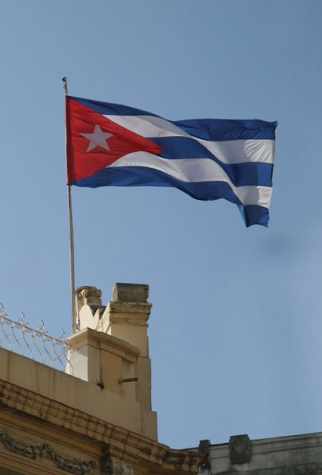
According to BBC News, one of the major starting points in the U.S. and Cuba relationship was in 1898, when the U.S. declared war on Spain. Once Spain was defeated, all claims to Cuba were ceded to the uses. In 1902, Spain became dependent after electing Tomas Estrada Palma as president. However, Cuba, in order to remain under United States’ protection, gave the U.S. the ability to intervene with Cuban internal affairs.
After a few ups and downs in Cuba, the U.S. gave up its right to intervene in 1934. In 2007, President of Cuba Raul hints at possibly attempting to improve Cuba’s bond with the United States after the 2008 election. During the elections, however, President Obama stated that he would loosen the restrictions that former U.S. President George Bush applied. These restrictions, preventing Cuban-Americans from visiting family or sending money back to Cuba, were later lifted by President Obama in April of 2009.
According to The Guardian, removal of this unpopular law resulted in love from many Cuban-Americans living in the U.S. However, just nine months after the restrictions were lifted, Cuban-American Alan Gross was detained in Cuba for supposedly spying on the Cuban Government. According to the New York Times, The Gross case was “the latest obstacle to improved relations between the two countries, which share a long history of mutual mistrust and missed opportunities to reconcile.”
It was not until December 2014 that Gross was released, in which leaders of both countries made direct contact, the first time in 50 years a Cuban and U.S. President have made direct contact with each other. In the conversation, it was determined the Embargo act was the prime cause of the many disagreements between the United States and Cuba. The Embargo Act, first imposed in October, 1960 originally prevented all U.S. exports to Cuba, excluding medicine and some foods. President Kennedy then expanded it to cover U.S. imports from Cuba as well, and finalized it in February, 1962. President Obama proposed to end the fifty-six year old trade embargo, but is unable to do so without approval of the U.S. Congress. Although the Embargo has not been lifted yet, Presidents Obama and Costa have restored diplomatic ties between the two countries, and U.S. and Cuban Embassies have been reopened in Washington D.C. (U.S.), and Havana (Cuba).
Although President Obama, along with many Cuban-Americans from Miami, Florida, wish to demolish the Embargo act, many, including U.S. News writer Jorge Benitez, want the act to stay as it is. Benitez believes that lifting the trade Embargo would be “pouring billions of dollars down the drain.” According to ABC News, members of Congress have “expressed varied reactions to the calls to lift the embargo, with some from both parties—mostly with Cuban-American ties—pushing against such a move.” However, polls from Pew Research Center, a Washington D.C. based group that provides information on social issues, public opinion, and demographic trends, show that over sixty percent of Americans wish to get rid of the act. Without the help of congress, the act will stay where it is.
The relationship between the U.S. and Cuba has suffered from mistakes, and flourished from positive events. Hopefully, even after the presidential race, the U.S. and Cuban governments will continue to flourish, and abolish walls that stand in the way of the two countries becoming as united as many wish they will become.





